#vera brittain
Text




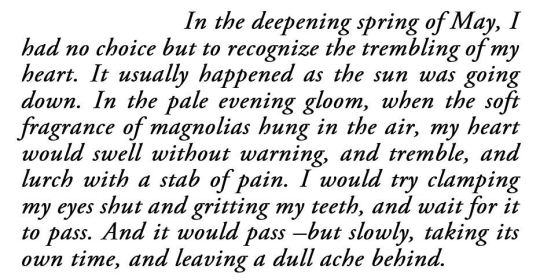
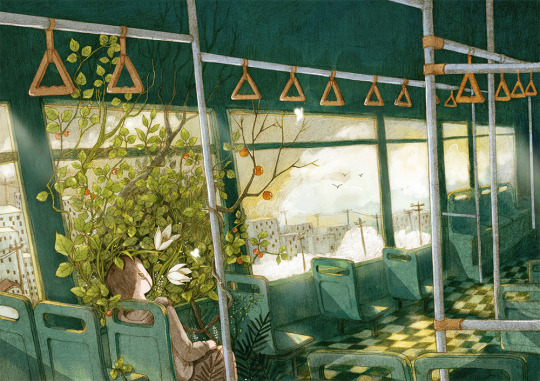
musings on may
Franz Kafka Diaries, 1914-1923 | Felix Vallotton, The Dordogne with Carrenac (1925) | Vera Brittain, “Because You Died: Poetry and Prose of the First World War and After” | Jin Xingye | Haruki Murakami, "Norwegian Wood" | Jin Xingye
support my blog
#may#spring#web weaving#art#literature#the diaries of franz kafka#kafka#haruki murakami#norwegian wood#nature#vera brittain#felix vallotton#quotes#poetry#jin xingye#dark academia#light academia#romantic academia#classic literature
5K notes
·
View notes
Photo

Testament Of Youth
#mine#screens#testament of youth#alicia vikander#vera brittain#kit harington#roland leighton#vera and roland#second world war
38 notes
·
View notes
Text
My World War I movie recommendations for Remembrance Day
1. Testament of Youth
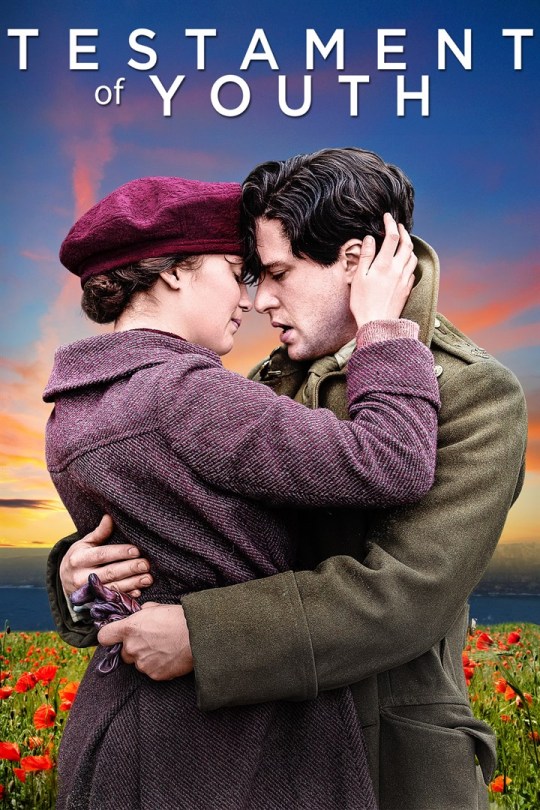
Starring: Alicia Vikander, Kit Harington, Taron Egerton, Colin Morgan
Don't be fooled by the cover - this is less of a romance film and more of a powerful treatise on the mental and emotional consequences of war. Heartbreaking, haunting, and beautiful, this film is based on the true life experiences of Vera Brittain, a university student who postponed her studies to volunteer as a nurse during WWI. She later became a renowned pacifist and feminist writer.
2. Goodbye Christopher Robin
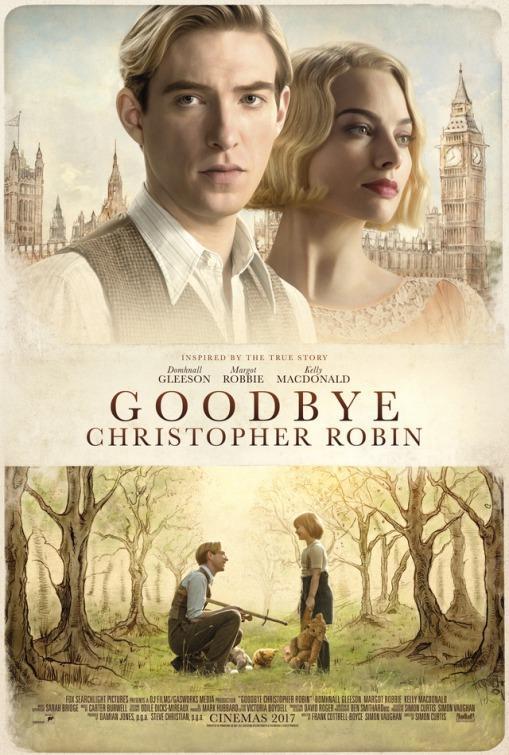
Starring: Domhnall Gleeson, Margot Robbie, Kelly Macdonald
A sad and sweet story based on the life of A.A. Milne, author of Winnie the Pooh. Alan struggles with PTSD upon returning home from serving in the Great War, but eventually finds joy and happiness inventing stories with his imaginative young son. This film sticks out to me in the way it highlights the intergenerational pain of the two World Wars, fathers who fought in one having to watch their sons go fight another. It also sheds light on how the beloved character of Winnie the Pooh came to be.
3. Tolkien
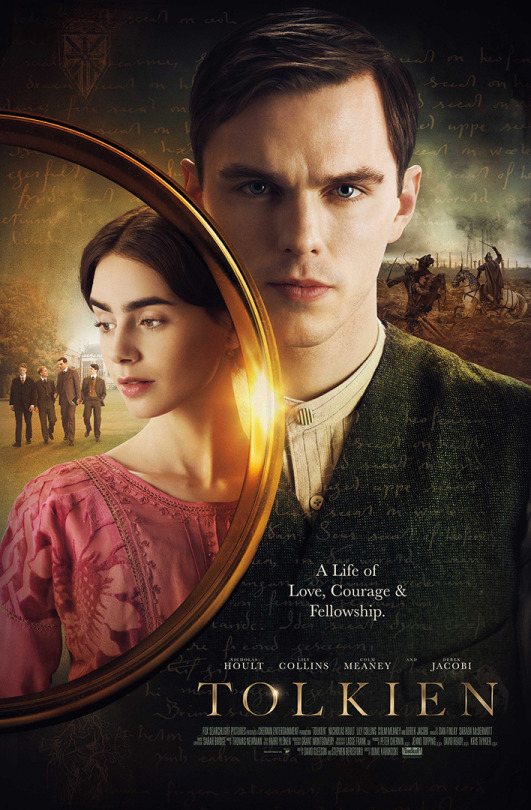
Starring: Nicolas Hoult, Lily Collins, Patrick Gibson
Based on the life of (you guessed it) J.R.R. Tolkien, this film showcases the beauty of a writer's imagination and the dearness of close male friendship (hooray!). When Tolkien and his group of fellow creatives go off to war, they are affected by their experiences in ways they did not expect, and sadly not all of them make it back. This is not a war movie per se, but the war is certainly a pivotal part of the story and you can see how Tolkien's war experiences found their way into his writing.
4. War Horse
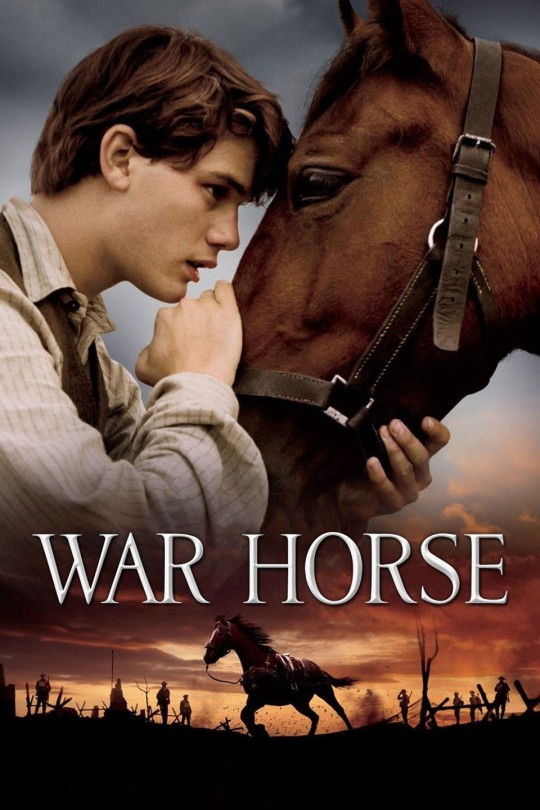
Starring: Jeremy Irvine, Emily Watson, Tom Hiddleston, Benedict Cumberbatch, David Thewlis
This is a story of a boy, Albert, and his horse, Joey, separated during events of the war. We follow Joey as he is used by the British Army and eventually reunites with Albert (yay!), though both Albert and Joey encounter many dangers and tragedies along the way. A poignant look at war, and a sentimental tale of a boy and his horse.
#world war 1#the great war#remembrance day#lest we forget#testament of youth#vera brittain#alicia vikander#kit harington#taron egerton#colin morgan#goodbye christopher robin#domhnall gleeson#margot robbie#kelly macdonald#tolkien 2019#nicolas hoult#lily collins#patrick gibson#war horse#tom hiddleston#benedict cumberbatch#david thewlis#emily watson#jeremy irvine#period dramas#war drama#war film#british period dramas#winnie the pooh#jrr tolkien
28 notes
·
View notes
Text
[Vera Brittain’s] rage and fury, and bitterness, although controlled, make their presence felt in every paragraph, as she argues that every facet of society has been arranged by men to provide their sex with the maximum advantages so that they can then compare themselves to women and find themselves superior. Vera Brittain argues that men demand that women make their resources available to others, that men help themselves liberally to such resources, and then blame women because they have so few left for themselves. Brittain saw time, and will, and intelligence as part of those resources men had taken from women.
Because, as with so many of the ideas women wish to put forward, there are so few established concepts and words available to name them (another by-product of what is not experienced by men does not exist), Brittain makes use of analogy to map out what it is that she means, and begins with the illustration of Charlotte Brontë who at one stage had determined to use her resources for herself, to run her own life, and write, but whose plan for independence crumbled in the face of the demands of her family. Duty, modesty, gentleness, womanliness all decreed that she should abandon her plans for autonomy and stay 'at home to care for a sick father, a drunken brother, a sister whose proud independence of soul approached very nearly to something which at the present day we should probably describe as obstinate stupidity. She sacrificed herself,' says Brittain; and for what?
‘For, in the end, her years of uneasy martyrdom at Haworth could save neither her father from sorrow, her brother from sin, nor herself and her sisters from premature death. One wonders whether a calm and resolute refusal to remain in the dark house on the edge of the churchyard for the sake of an invalid might not have had the effect of removing both her family and herself to a healthier sphere, and thus saving the lives of them all. But,’ adds Brittain, ‘in the days of Charlotte Brontë not resolution but submission was the whole duty of woman’ (ibid., p. 217). Brittain did not think much had changed since the days of Brontë; I do not think much has changed since the days of Brittain.
To me this represents a fundamental dilemma, as it did to Brittain: it is because it has suited men to have women's emotional, psychological, intellectual resources available to them (and their children) that they have allocated a nurturing role to women. Our nurturance is not ‘biological’, not an inherent ‘deficiency’, as Margaret Mead (1950) and many more demonstrated with cross-cultural studies which show women in semi-non-nurturing roles. But despite the fact that we have had no choice in the matter, that nurturance has been assigned to us, we have become skilled at it and have come to appreciate its value. We want to assert that it is in the interest of society for all its members (not just half) to be nurturant, for we believe this to be a more sensible and productive basis for organising the world. But we find ourselves in the position of being the nurturing sex in an exploitative society; our nurturance is taken and used by men. We must confront the problem of how to make ourselves nurturantly unavailable for exploitation - and oppression - without repudiating nurturing itself.
Annie Cornbleet (1982) has suggested that it is our very nurturance as mothers, wives, teachers, nurses, social workers, secretaries, etc., that allows the exploitative society to continue functioning, and that by making our emotional energy and our time available to these ends we are colluding, helping to maintain patriarchy (and leaving ourselves little time and energy to construct our own alternative). But any suggestions that we should stop playing our nurturing role - that Charlotte Brontë should have left her family and gone off to London, that Vera Brittain should have left her husband and her children (periodically) to pursue her own work, that women should choose to be 'child-free' (Robyn Rowland, forthcoming) - are often accompanied by accusations of 'selfishness' and condemnation as ‘hard’ (and I speculate on the origins of this label and its significance), with such women sometimes being dismissed as ‘behaving just like a man.’ We construct an immense burden of guilt for women who elect to make their emotional resources unavailable. Because men are not required to conform to the expectations of nurturing it is a guilt which they do not experience when they do not conform to its demands.
-Dale Spender, Women of Ideas and What Men Have Done to Them
22 notes
·
View notes
Text
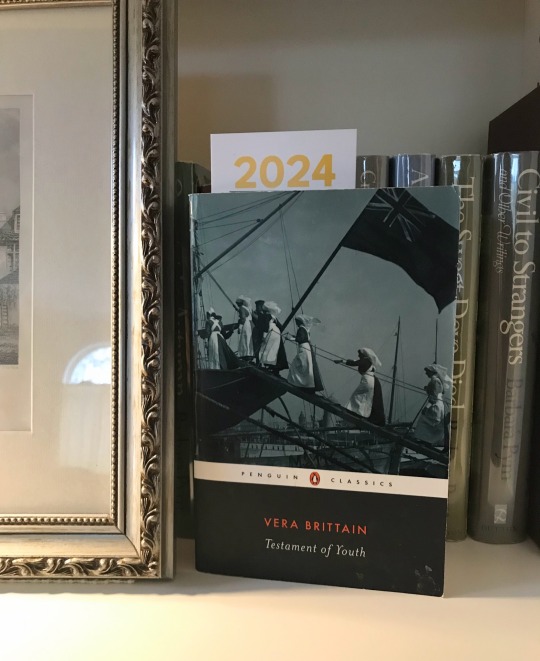


Testament of Youth by Vera Brittain
This is a frank and engaging memoir of the author’s life before the Great War, including her matriculation at Oxford, first love, and experiences as a Voluntary Aid Detachment nurse during wartime, and the early postwar years, a period spanning 1900-1925. Most of the book is taken up by her war experiences, and most of my comments will be limited to this period. The memoir isn’t for the faint of heart. Her nursing took her to London, Malta, France, and back to London. It is an indelible record of courage, resolve, and loss, yet it isn’t self laudatory or self-pitying; on the contrary, she is rather understated about her experiences and can be self-critical. Despite her youth and a traditional, sheltered upbringing, she was able to care for badly mutilated and dying young men and risked her own life in the process. I admired her realism. She expresses religious skepticism (deepened by the war) and stresses the importance of doing one’s duty to society in a finite lifetime. Like many she became disillusioned with the war and immediate postwar years and described her patriotism as having been “worn threadbare”. The story is all too relevant today.
After the war she completed her Oxford degree in History and pursued careers in writing and teaching and worked on behalf of various causes including women’s rights, pacifism, and socialism.
Memorable excerpts:
That night I prayed earnestly to God to make the dear King better and let him live. The fact that he actually did recover established in me a touching faith in the efficacy of prayer, which superstitiously survived until the Great War proved to me, once and for all, that there was nothing in it.
In fact, I passed my (pre-war) days in all those conventional pursuits with which the leisured young woman of every generation has endeavored to fill the time that she is not qualified to use.
Diary entry at the start of the Great War: it is impossible to find any satisfaction in the thought of 25,000 slaughtered Germans, left to mutilation and decay; the destruction of men as though beasts, whether they be English, French, German, or anything else, seems a crime to the whole march of civilization.
At St. John’s we had the inevitable sermon dwelling on the obvious incongruity of celebrating the birth of the Prince of Peace while the world was at war.
As usual the Press had given no hint of that tragedy’s dimensions, and it was only through the long casualty lists, and the persistent demoralizing rumor that owing to a miscalculation in time thousands of our men had been shot down by our own guns, that the world was gradually coming to realize something of what the engagement had been.
I could not follow him there (St. James’s), being temperamentally too much of an agnostic to become a convert even in tribute to his memory. p248
The world was mad and we were all victims; that was the only way to look at it. These shattered, dying boys and I were paying alike for a situation that none of us have desired or done anything to bring about.
What was the use of hypocritically seeking out exalted consolations for death, when I knew so well that there were none?
I knew now the death was the end and that I was quite alone. There was no hereafter, no Easter morning, no meeting again; I walked in the darkness, a dumbness, silence, which no beloved voice would penetrate, no fond hope illumine. p446
There may not be - I believe that there is not – resurrection after death, but nothing could prove more conclusively than my own brief but eventful history the fact that resurrection is possible within our limited span of earthly time. p496
In those days we were still naïve enough to believe that suggestions need only be bright in order to be enthusiastically accepted, and had still to learn that in clubs and societies, as in foreign offices, the one thing that really terrifies officials is the prospect of any alteration in the status quo.
War, especially if one is the winner, is such bad form. There’s a strange lack of dignity in conquest; the dull, uncomplaining endurance of defeat appears more worthy of congratulation. Modern war is nothing but a temporary - though how disastrous! – forgetfulness by neighbors that they are gentlemen; its only result must be the long reaping in sorrow of that which was sewn in pride.
And then I remembered, with a startling sense of relief, that there was no resurrection to complicate the changing relationships forced upon men and women by the sheer passage of earthly time. There was only a brief interval between darkness and darkness in which to fulfill obligations, both individuals and society, which could not be postponed to the comfortable futurity of a compensating heaven. p650-1
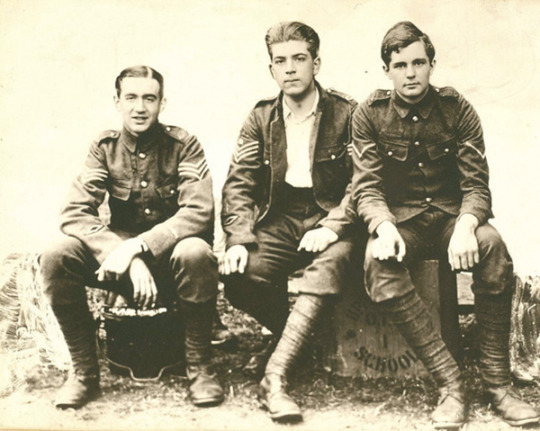
L to R: Edward Brittain, Roland Leighton, and Victor Richardson. In 1914 Roland gained a scholarship and exhibition to classical postmastership at Merton College, Oxford, Edward was to go up to New College Oxford, and Victor to Cambridge. The waste is obscene.
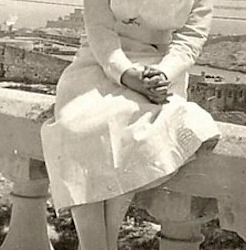
VB in Malta
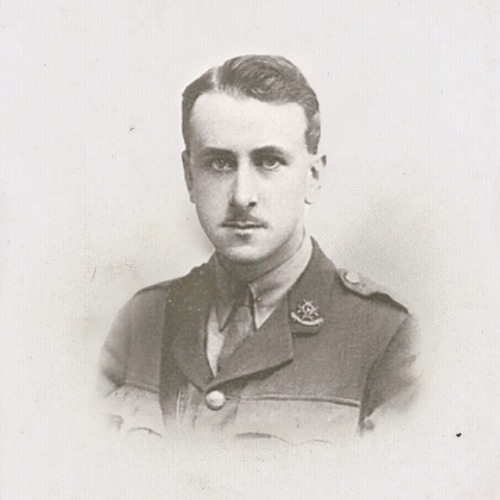
Geoffrey Thurlow, Vera’s other close friend. He had also been accepted to Oxford before the war intervened.
5 notes
·
View notes
Text
Tall slender beech-trees, whispering, touched with fire.
Swaying at even beneath a desolate sky;
Smouldering embers aflame where the clouds hurry by
To the wind’s desire.
Dark sombre woodlands, rain-drenched by the scattering shower,
Spindle that quivers and drops its dim berries to earth—
Mourning, perhaps, as I mourn here alone for the dearth
Of a happier hour.
Can you still see them, who always delighted to roam
Over the Hill where so often together we trod
When winds of wild autumn strewed summer’s dead leaves on the sod,
Ere your steps turned home?
Boar's Hill, October 1919 by Vera Brittain
8 notes
·
View notes
Text
…we still talked as though our life-long security had not been annihilated and time would go on always for those whom we loved.
- Vera Brittain, Testament of Youth
13 notes
·
View notes
Photo


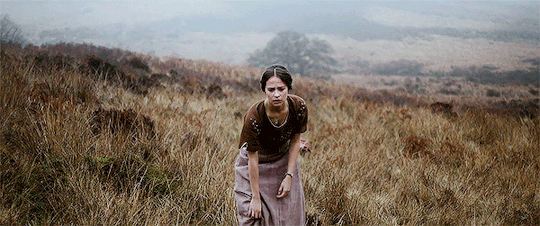

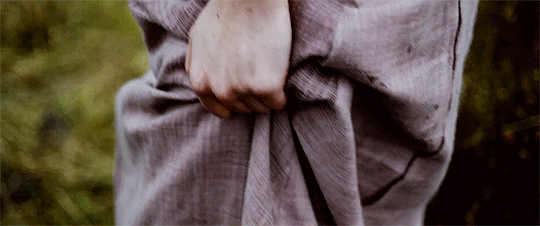
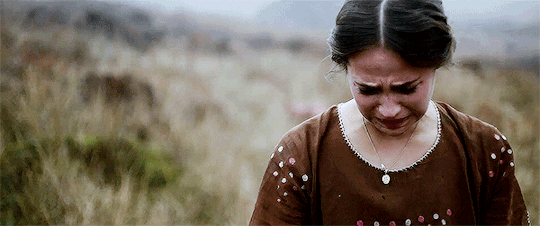

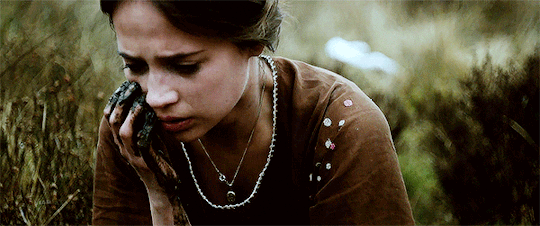
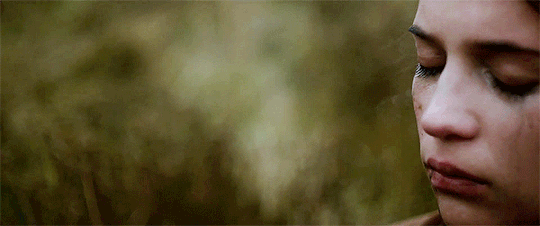

Alicia Vikander as Vera Brittain in Testament of Youth (2014) dir. James Kent
#sometimes i watch this movie when i feel like being punched in the gut for 2 hrs 9 mins straight :)#WHERE is her oscar for this role#alicia vikander#aliciavikanderedit#avikanderedit#testament of youth#testamentofyouthedit#vera brittain
192 notes
·
View notes
Text
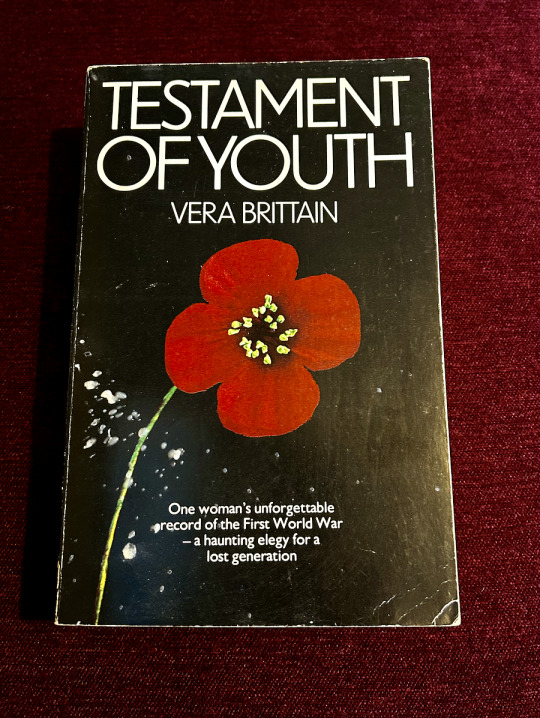
JOMP BPC - 25th February - Ripped My Heart Out
It would have been easy to pick a novel - there are plenty that have wrecked me, emotionally. But Vera Brittain's account of her experiences of loss and grief during WW1 is extraordinary and devastating.
2 notes
·
View notes
Text


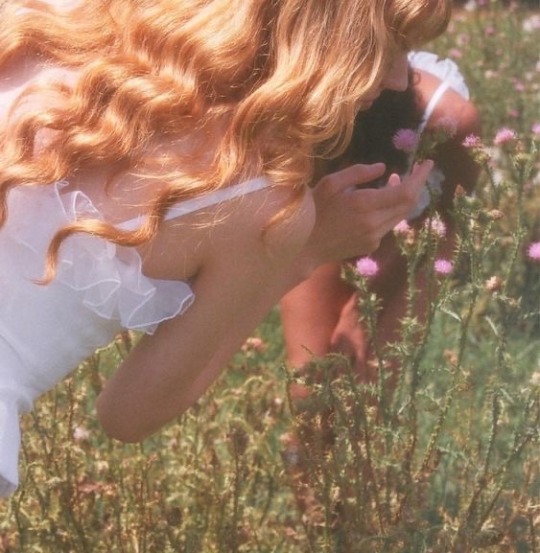



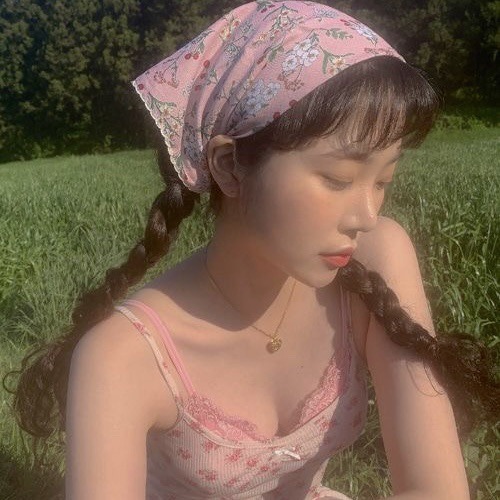
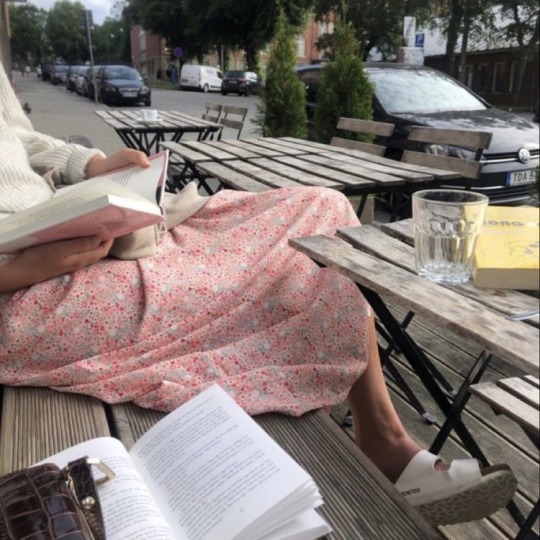


- Vera Brittain, “May Morning”
#mine#aesthetic#may#may aesthetic#spring#may moodboard#spring aesthetic#spring moodboard#vera brittain
65 notes
·
View notes
Text
“He once said to me: ‘The hardest rival you can have is a ‘ghost’ because your inclination is to idealise someone who died a long time ago.”
- Shirley Williams, daughter of Vera Brittain, author of Testament of Youth
4 notes
·
View notes
Text

vera brittain
11 notes
·
View notes
Photo

Testament Of Youth
12 notes
·
View notes
Text
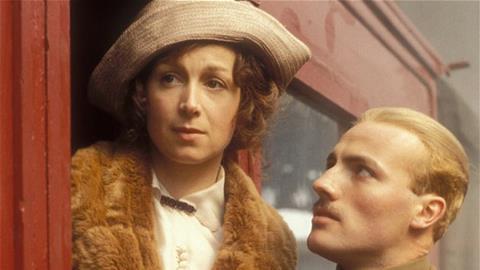
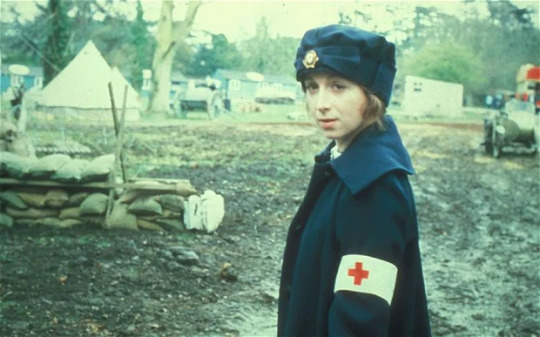
Cheryl Campbell played Vera Brittain in the BBC's 1979 dramatisation of her memoir, Testament of Youth. Her fiancé, poet Roland Leighton, who died of wounds on the Western Front just before Christmas 1915, aged 20, was played by Peter Woodward and fellow author and activist Winifred Holtby by Joanna McCallum.
Having served as a nurse at home, in Malta and on the Western Front, and lost her fiancé, brother and closest friends in the Great War, Vera Brittain struggled to readjust to academic life. She became a controversial figure due to her pacifist beliefs in World War Two. Her daughter, (Baroness) Shirley Williams (Senior Labour politician and SDP Gang of Four rebel) later said that her reputation was only redeemed in the UK by being discovered on a Nazi assassination list.
Vera Brittain passed away in 1970, aged 76.
#great war drama#vera brittain#testament of youth#war poetry#the great war#world war one#western front#lest we forget#remembrance day#armistice day
6 notes
·
View notes
Photo

Perhaps some day the sun will shine again,
And I shall see that still the skies are blue,
And feel once more I do not live in vain,
Although bereft of You.
Perhaps the golden meadows at my feet
Will make the sunny hours of spring seem gay,
And I shall find the white May-blossoms sweet,
Though You have passed away.
Perhaps the summer woods will shimmer bright,
And crimson roses once again be fair,
And autumn harvest fields a rich delight,
Although You are not there.
Perhaps some day I shall not shrink in pain
To see the passing of the dying year,
And listen to Christmas songs again,
Although You cannot hear.
But though kind Time may many joys renew,
There is one greatest joy I shall not know
Again, because my heart for loss of You
Was broken, long ago.
3 notes
·
View notes
Text
‘There seem to be so many saints,’ I explained later to my mother, ‘and so many things that happen to them, and every time there is a festa, which is always on the day that you want to go to Valletta. I think saints are a very good idea if you are fond of holidays.’
Vera Brittain in 'Testament of Youth'.
#xx century#xx century literature#vera brittain#testament of youth#literature#memoir#lit#english#this is funny to me because i was raised in portugal#southern europeans are all the same
3 notes
·
View notes